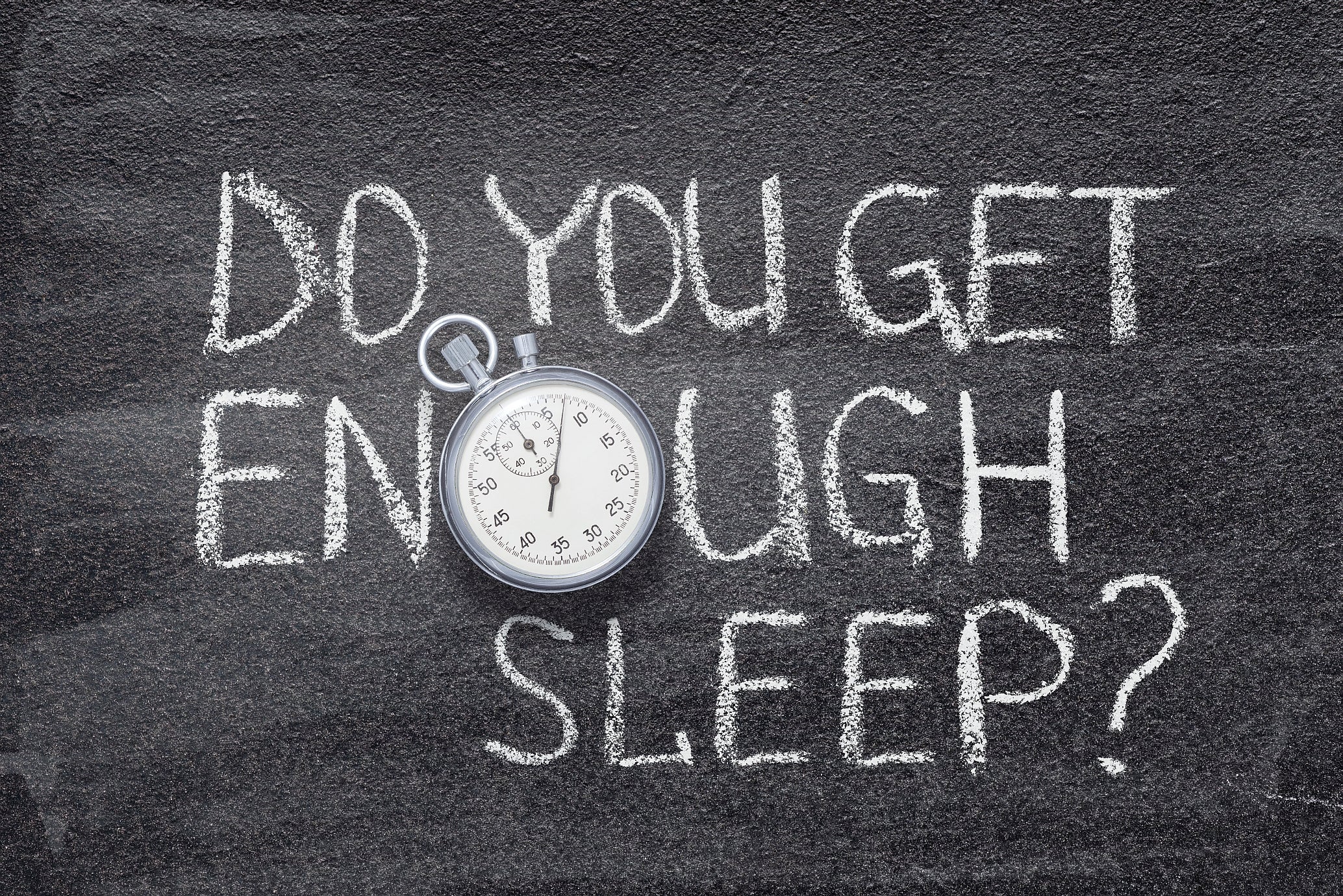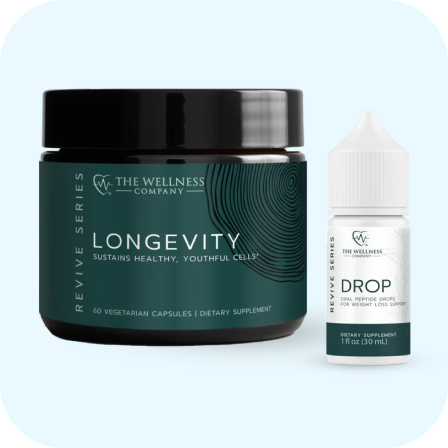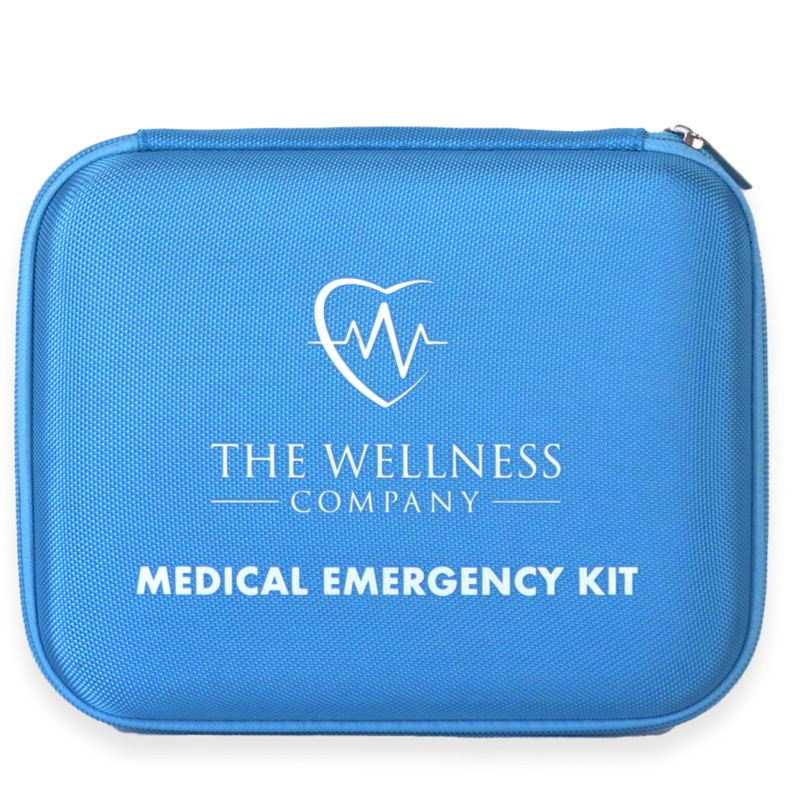Everything You Need to Know About Sleep

Sleep is one of the three pillars of health. It affects everything you do and every performance metric. Skipping sleep leaves you drained, weak, and unable to recover. Getting enough sleep unlocks your potential, boosts your energy, resilience, and your body’s recovery and growth.
Sleep is the foundation of success.
“The single best thing you can do for your brain is to ensure you get enough sleep.”
— Matthew Walker, Why We Sleep
Sleep Quantity Guidelines
Your body needs a set amount of sleep to perform well. This amount is not random. Sleep needs change throughout life, and studies show that more sleep leads to better outcomes, up to a limit.
6 to 12 Years Old: 9 to 12 hours per night
Sleep this long is important because your brain is still creating long-term memories and your body is growing like crazy. Longer sleep times release more growth hormone, which helps your body repair muscle, bone, and connective tissues, and the National Sleep Foundation says kids who sleep more and more reliably have better attention spans and are less emotionally volatile.
13 to 18 Years Old: 8 to 10 hours per night
Sleep during these years is extremely important for healthy hormone function. Testosterone and growth hormone are released in higher amounts by the body at night, and especially during deep sleep, which is key for muscle recovery and growth, mood regulation, and healthy physical development. Sleep deprivation has also been shown to increase stress hormones and lower immune function.
Adults: 7 to 9 hours per night
Getting proper sleep as an adult is essential to restoring cells, balancing hormones, and long-term health. Deep sleep each night is shown to be associated with testosterone production, cognitive function, and healthy metabolism, while too little sleep increases the risk of weight gain, anxiety, and slower reaction times.
Why Sleep Is So Important
“After only one night of poor sleep, the body’s hormone balance shifts toward higher stress and lower recovery.”
— National Institutes of Health
Sleeping the right amount for your age and life stage can supercharge your body’s systems. When you sleep more, you can think faster, recover faster, and deal with stress better. Growth hormone is increased, testosterone is increased, your muscles recover better, your immune system kicks in stronger, your memory locks in new skills, and your mood has a good chance of staying stable, so you can tackle real-world stressors.
Sometimes the best advice is the simplest:
- Sleep is a daily reset button your body needs to function.
- Sleeping more doesn’t make you weak. It makes you more capable.
Tips to Sleep Better Tonight
✅ Try to go to bed at the same time each day. Your body is on a routine, and will reward you with deeper sleep.
✅ Avoid caffeine and alcohol at night. They can both fragment your sleep and lower REM quality.
✅ Turn off your screens earlier. The blue light of screens suppresses the production of the sleep hormone melatonin. Set yourself a digital curfew.
✅ Keep the room cool and dark. Lower temperatures support the body moving into deep sleep cycles. Dark tells your brain to release melatonin, too.
Sources:
- Centers for Disease Control and Prevention (2022)
- Hirshkowitz, M. (2015). Sleep Time Duration Recommendations
- National Institutes of Health (2021)
- Walker, M. (2017). Why We Sleep: Unlocking the Power of Sleep and Dreams. Scribner.
You May Also Enjoy:
5 Ways to Stay Healthy Over the Holidays
4 Essential Gym Tips for Beginners
3 Secrets All Good Diets Share























